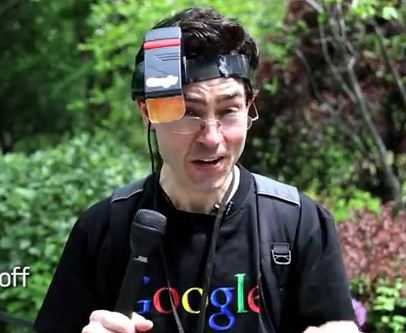To wear Google Glass it can turn out to be quite dangerous, especially if he is watching a movie. The hero of the story that took place in Columbus, Ohio, was watching a movie with his Google Glass turned off, since he only needed them for their lenses, due to vision problems. While he was watching the movie Jack Ryan: Shadow Recruit with interest, someone suddenly pulled him away. He introduced himself as a Federal and informed him that he was not in custody, but that he should follow him for a "voluntary interview."
During the "volunteer interview," our hero realized that he was more or less accused of piracy, as the Feds suspected he was recording the film using Google Glass.
The interrogation might still be going on if one of the Feds hadn't had the idea to connect them glasses on a computer to view the files. When they found nothing but photos on his device, FBI agents told him it was all a misunderstanding. The owner of the AMC movie theater even returned to our hero, the price of his ticket. In accordance with Torrentfreak o passion reportedly said:
"They wanted to know who I am, where I live, where I work, how many computers I have at home, why I record the movie, where I will record and much more. The questions did not stop, they were asked again and again and again. "
The agents, of course, were in a trance. Although Google Glass was turned off, its owner was not allowed to touch it for fear of "deleting the data."
The case ended about 3,5 hours after the movie started.






